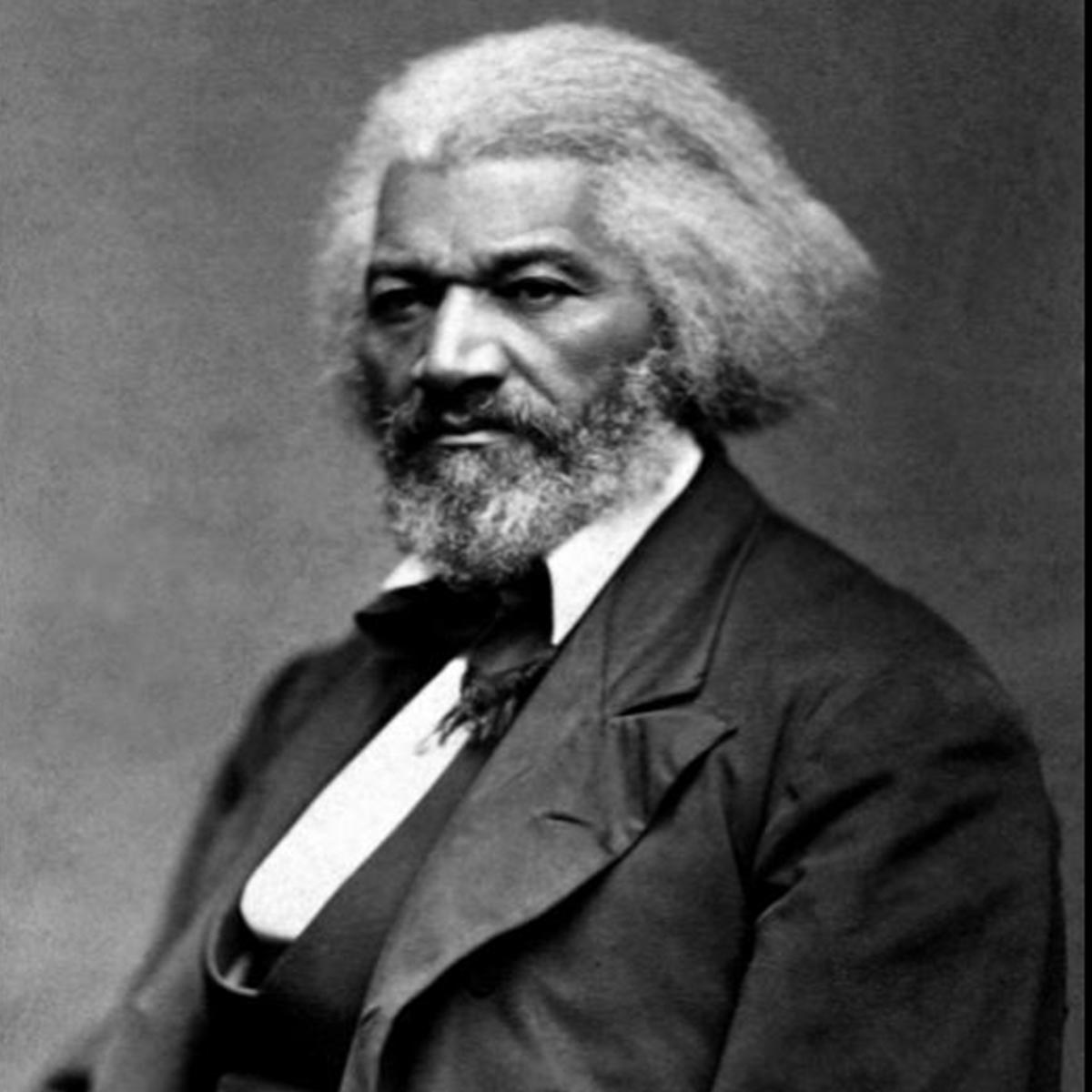Fredrick Douglass
September 15

LEADING ABOLITIONIST – THE LION OF ANACOSTIA
Former slave turned abolitionist, Frederick Douglass was a leading figure during the drive to emancipate the slaves and establish equal civil rights for African Americans.
Born a slave in Talbot County, Maryland (on what he believed to be Valentine’s Day, 1816), he escaped from slavery on September 3, 1838. Douglass eventually bought his freedom with the proceeds of anti-slavery lectures he presented in Great Britain and Ireland.
Once he fled the South, Douglass became a committed abolitionist. He leapt onto the world stage by publishing his autobiography, Narrative of the Life of Frederick Douglass, an American Slave (1845). By detailing his brutal life as a common slave, the work captured the public’s imagination and significantly advanced the cause of abolitionism.
Douglass used his fame to tour and speak across the country and in Europe. He began several newspapers, including the influential North Star. His unrelenting attacks upon slavery clearly revealed the need to address the fundamental hypocrisy of slavery in free republic of America.
“Would you have me argue that man is entitled to liberty? That he is the rightful owner of his own body? You have already declared it!” Douglass remarked. “To drag a man in fetters into the grand illuminated temple of liberty, and call upon him to join you in joyous anthems, were inhuman mockery and sacrilegious irony.”
During the Civil War he consulted with President Abraham Lincoln; and during Reconstruction he advised President Andrew Johnson. He also served in several federal posts during Reconstruction, including as US Marshall for the District of Columbia, register of deeds for the District of Columbia, and as a diplomat to Haiti.
Having lived through the Civil War and Reconstruction, he saw his dream of emancipation and a constitutional (if not practical) dedication to racial equality realized before he died on February 20, 1895.


